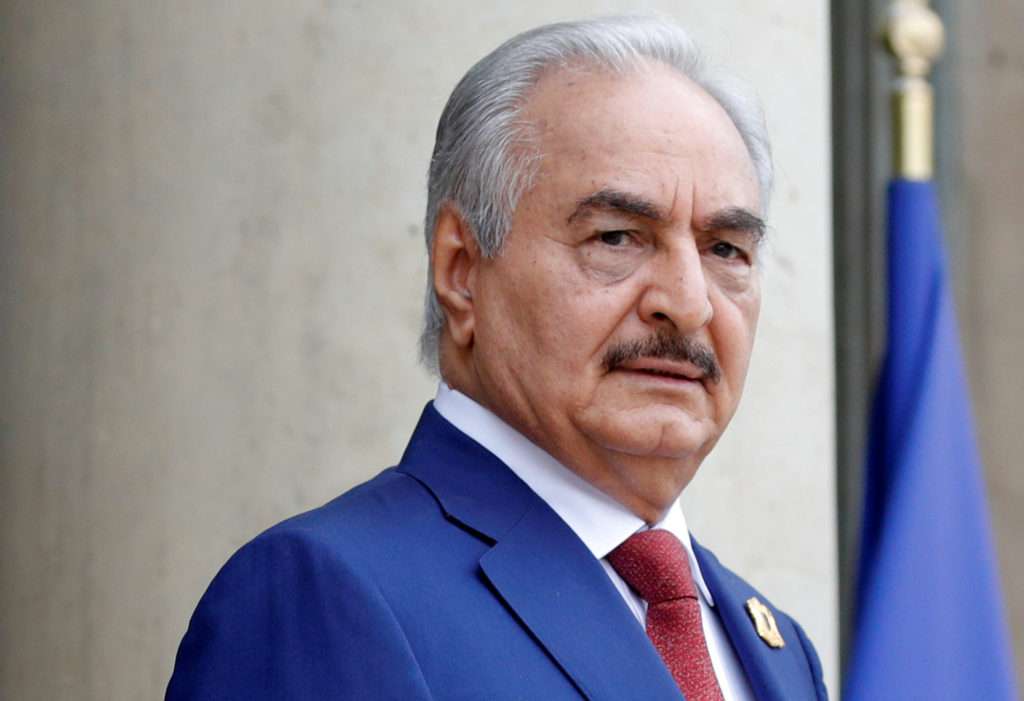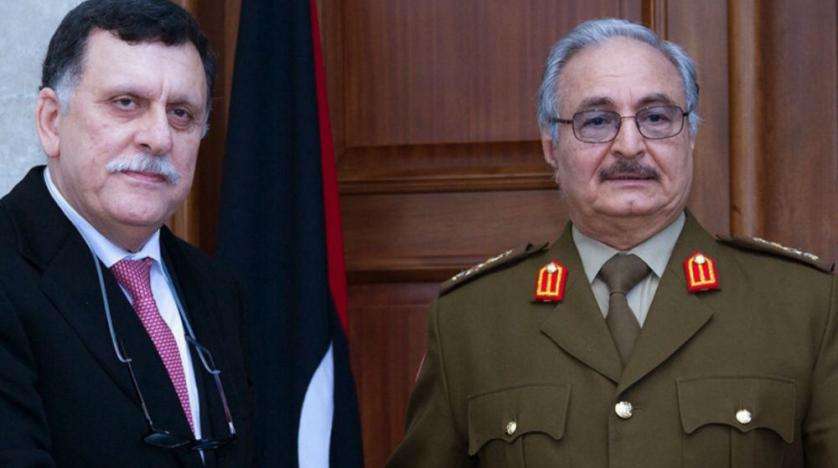Where are GNA members now? To answer this question, we have to get back to the beginning of the birth of the Government of National Accord in Libya (GNA). It's worthy noting that the GNA'a Chief Fayez Al Sarraj is known as the government's strong man.
On the other hand, in December, 2017, Libya’s national army commander Khalifa Haftar announced the end of the Libyan Political Agreement, which was signed in Skhirat in Morocco in 2015, that he does not recognize any decisions issued by the political bodies linked to it.
Haftar also warned that Libya is entering “a dangerous phase” that will negatively impact local affairs and extend to regional areas and slammed the GNA saying it’s like “non-existent.”

The GNA under the Libyan Political Agreement comprises a Cabinet of Ministers and a Presidential Council. The Presidential Council, made up of nine members and chaired by the Prime Minister, acts collectively as head of state and supreme commander of the armed forces, appointing thus the country's military leadership.
The GNA was granted a one-year term from the date the Libyan House of Representatives granted it a vote of confidence, but this term was automatically extended an additional year as a new constitution was not completed and implemented during the term.
A report published by the International Crisis Group in November 2016 has said that the Libyan Political Agreement has failed to calm the turbulence and warned that the country may descend into a "free-fall" if the country's peace process is not “reset".

“The accord’s roadmap, the idea that a caretaker government accommodating the two parliaments and their allies could establish a new political order and reintegrate militias, can no longer be implemented without change," said the report.
In January 2017, Deputy Prime Minister of GNA, Musa al-Koni, formally resigned, stating the government had "failed to tackle urgent problems arising from years of conflict and political disarray", Reuters reported. Specifically, al-Koni stated:
"I announce my resignation due to the failure of the Presidential Council, because it holds responsibility for the killing, kidnapping, and rape that happened over the past year.”

Nine of the original presidency members of Libya have subsequently quit since GNA took power, including the ministers for justice, reconciliation and finance.
The GNA’s failure is not a political matter or a military one. Rather, it has failed on the most basic issues of politics and governance. For example, the number of deputy presidents allowed under its formation mysteriously shifted from three to nine—an increase outside any legal authority or explanation and based purely on ethnic and geographical considerations. Because of the increase, the council now looks more like a tribal council than a modern Western-backed government, according to a report by the Foreign Affairs Magazine in September, 2016.












